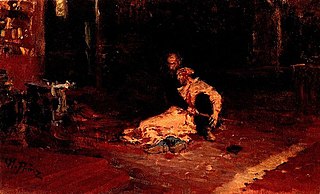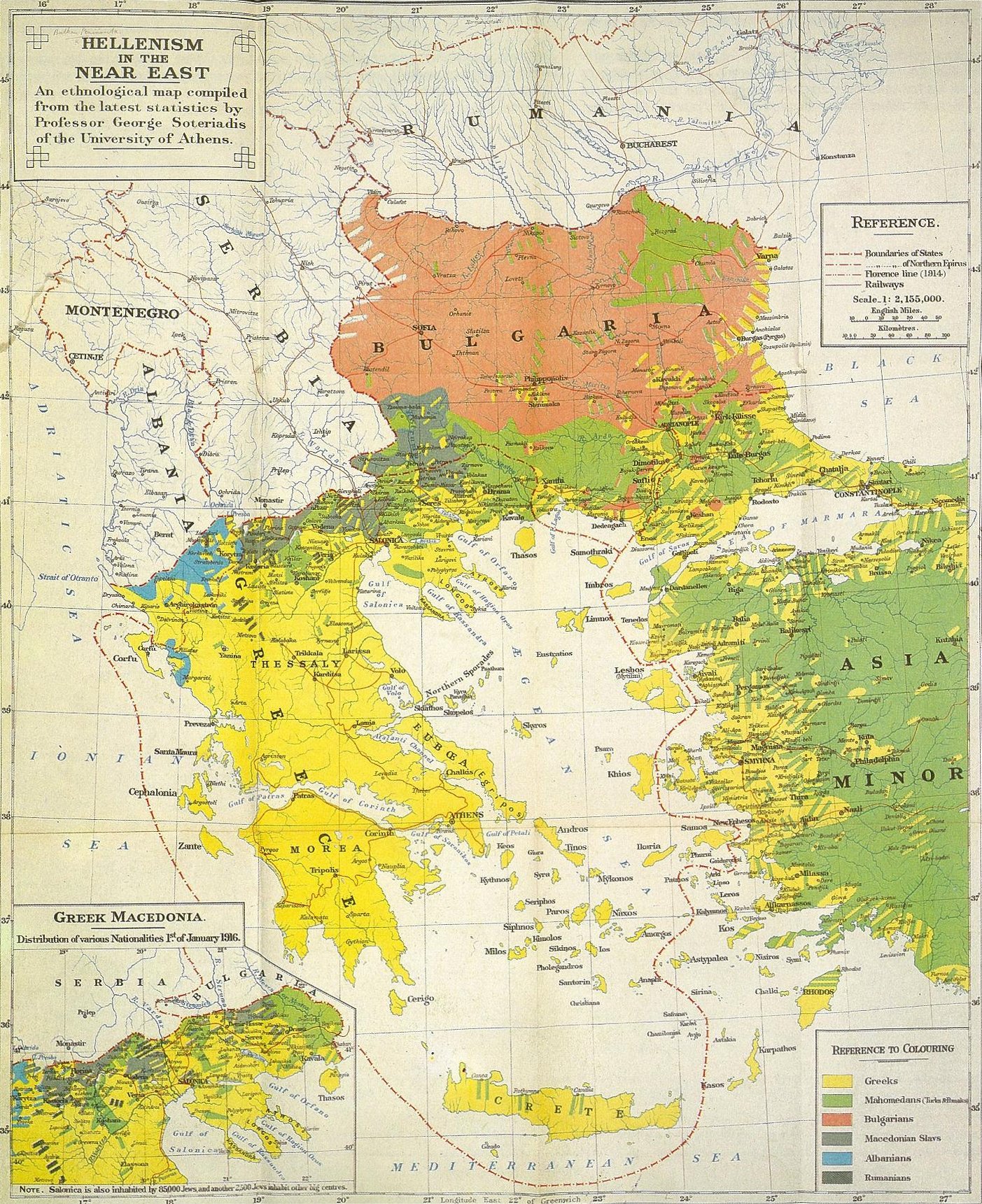Τλαξκαλτέκος έγραψε:https://el.wikipedia.org/wiki/%CE%A0%CE ... E%B1%CF%82
Εσυ μπέρδεψες το όνομα ή η πηγή σου το ειχε γραμμένο έτσι;



Τλαξκαλτέκος έγραψε:https://el.wikipedia.org/wiki/%CE%A0%CE ... E%B1%CF%82



Ακρίδης Κατσαριδόπουλος έγραψε:Τλαξκαλτέκος έγραψε:https://el.wikipedia.org/wiki/%CE%A0%CE ... E%B1%CF%82
Εσυ μπέρδεψες το όνομα ή η πηγή σου το ειχε γραμμένο έτσι;










Τλαξκαλτέκος έγραψε:Όταν κάποιος δήλωνε "Μακεδόνας" δεν μπορούμε να ξέρουμε τι εννοούσε : Βούλγαρος ή Έλληνας ή "Μακεδόνας".


Ακρίδης Κατσαριδόπουλος έγραψε:Τλαξκαλτέκος έγραψε:Όταν κάποιος δήλωνε "Μακεδόνας" δεν μπορούμε να ξέρουμε τι εννοούσε : Βούλγαρος ή Έλληνας ή "Μακεδόνας".
Ποια ήταν η άποψη του Ε. Βενιζέλου σχετικά με την καταγωγή των Σλαβομακεδόνων; Τους θεωρούσε Σέρβους, Βούλγαρους ή κάτι ξεχωριστό; Αναφέρομαι κυρίως στους πληθυσμούς που παρέμειναν υπό γιουγκοσλαβική κυριαρχια. Παντως επίσημη θέση της ελληνικής κυβέρνησης στα 1919 ήταν η ύπαρξη διακριτής σλαβομακεδονικής εθνότητας.


Τλαξκαλτέκος έγραψε:Σλαβόφωνοι Έλληνες Μακεδονομάχοι
Κώττας από τη Ρούλια
Βαγγέλης Γεωργίου ή Νάτσης ( Βαγγέλης Στρεμπενιώτης ) από το Στρέμπενο
Γιώτας Γκόνος από τα Γιαννιτσά
Λάκης Πύρζας από τη Φλώρινα
Παύλος Κύρου από το Ανταρτικό
Δημήτρης Νταλίπης από τον Γάβρο
Νικοτσάρας από την Στρώμνιτσα
Μητρούδης από τις Σέρρες
παπα-Πασχάλης απ' το Λειβαδερό Σερρών



Ακρίδης Κατσαριδόπουλος έγραψε:Τλαξκαλτέκος έγραψε:Σλαβόφωνοι Έλληνες Μακεδονομάχοι
Κώττας από τη Ρούλια
Βαγγέλης Γεωργίου ή Νάτσης ( Βαγγέλης Στρεμπενιώτης ) από το Στρέμπενο
Γιώτας Γκόνος από τα Γιαννιτσά
Λάκης Πύρζας από τη Φλώρινα
Παύλος Κύρου από το Ανταρτικό
Δημήτρης Νταλίπης από τον Γάβρο
Νικοτσάρας από την Στρώμνιτσα
Μητρούδης από τις Σέρρες
παπα-Πασχάλης απ' το Λειβαδερό Σερρών
Αυτόν εδώ τον ξερεις;
https://el.m.wikipedia.org/wiki/Νικόλαος_Νταηλάκης


Τλαξκαλτέκος έγραψε:Ναι , τον είχα διαβάσει. Αυτό που μου έκανε εντύπωση είναι πως τα μέλη της οικογένειας χάθηκαν από Βούλγαρους , Ιταλούς και ΕΛΑΣίτες και όχι από μια μόνο παράταξη.
.gif)
...At the outbreak of the Balkan War in 1912, six people from Vrabnik were volunteers in the Macedonian-Edirne militia.
In 1915 the Kostur teacher Georgi Raykov wrote:
"north of the village of Vishochitsa, in a flat place, in one arm to a dry river is located the Bulgarian village of Vrabnik, which now enters Albania. In the village they speak pure Bulgarian and had their own Bulgarian church, priests, school and teachers. They recognized the Bulgarian Exarch Joseph I as their spiritual leader".
In the second half of the 1920s, Vrabnik was the main base for the IMRO detachments operating in Vardar and White Sea Macedonia.
Until 1929, the villagers three times applied to the Albanian authorities for the training to be conducted in Bulgarian, but their request was rejected. In 1924, Bulgarian youths from Vrabnik deleted the Greek inscriptions in the church of the village, claiming to the authorities that they were written during the Greek
occupation.
Comparing the inhabitants of Vrabnik and other Kostur residents who moved to Albania with those of Mala Prespa, in his memoirs from the 1930s, Professor Mihail Ognyanov describes them as follows:
"Kosturchani differed from the others in both dialect and physical appearance - larger, stronger, with more developed muscles and bone system. They were more expansive in behavior. They had a strong Bulgarian-Macedonian feeling and kept the memory of the liberation struggles in which some of them took part. They remembered the uprisings, the exploits, until a few years ago they supported the IMRO. They also maintained relations with their relatives in Bulgaria.
In 1939, Nikola Pandovski, on behalf of 70 Bulgarian houses in Vrabnik, signed the Petition of Macedonian Bulgarians to Queen Joanna, asking for her intervention to protect the Bulgarian language in Albania - at that time an Italian protectorate.
https://bg.wikipedia.org/wiki/Връбник